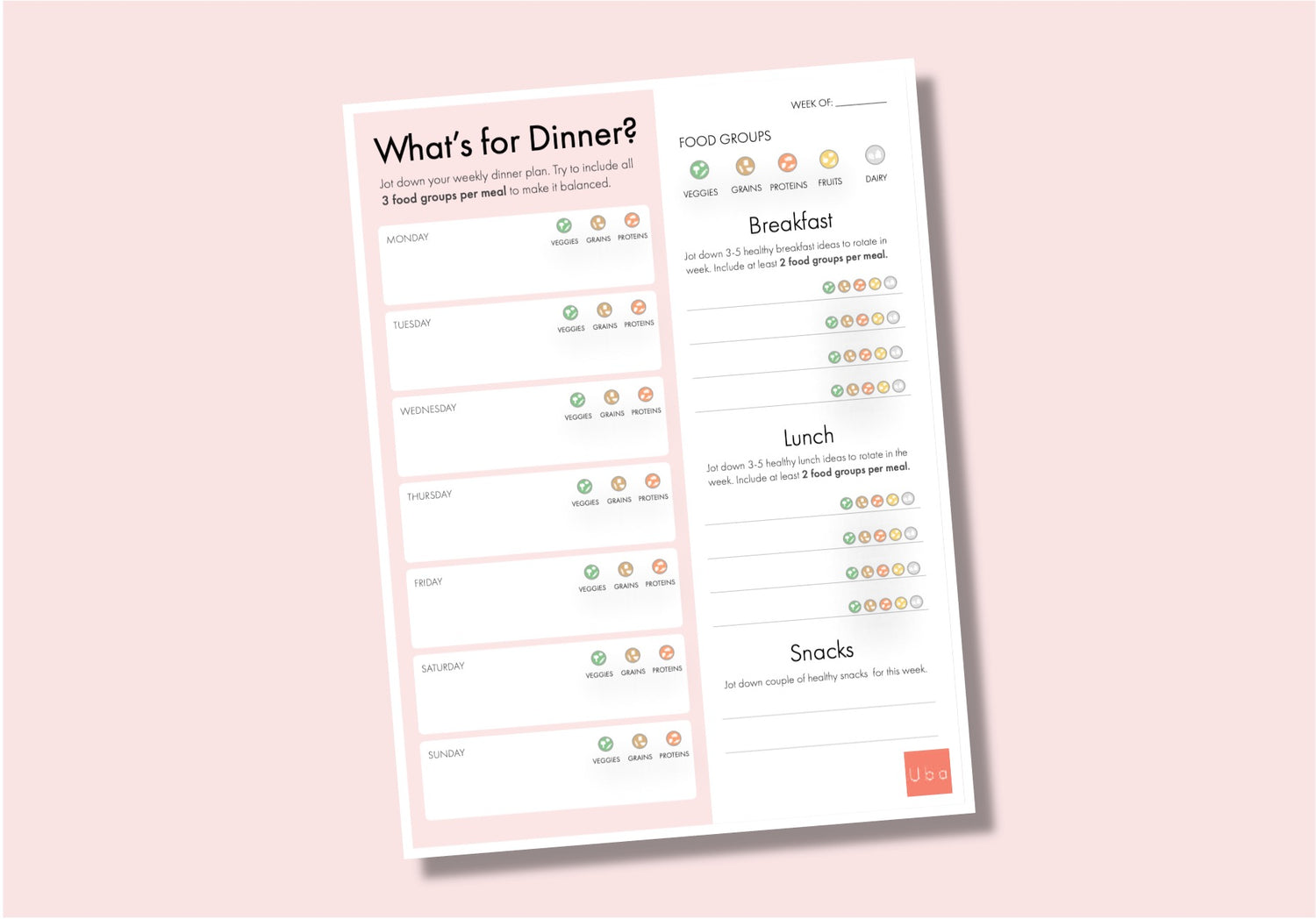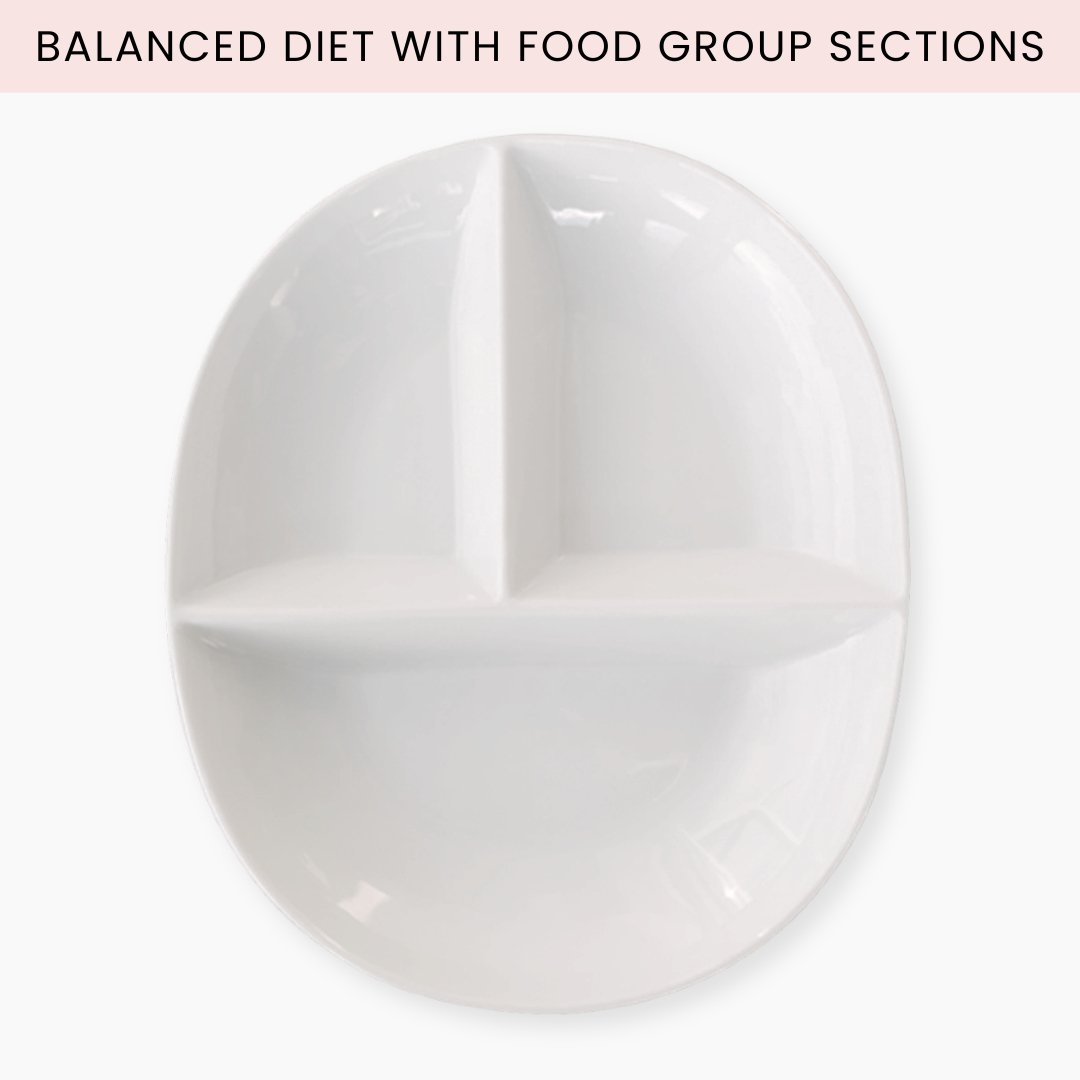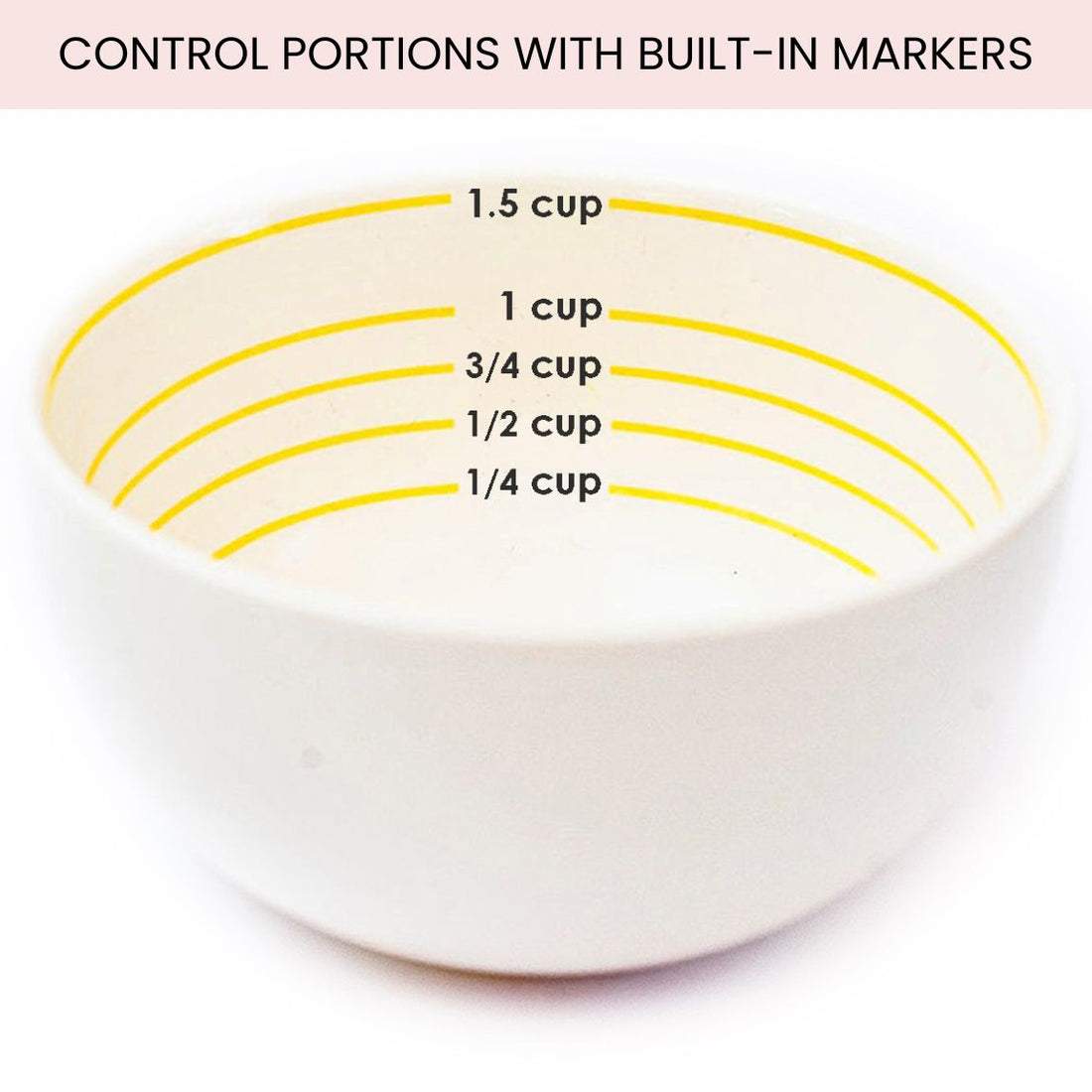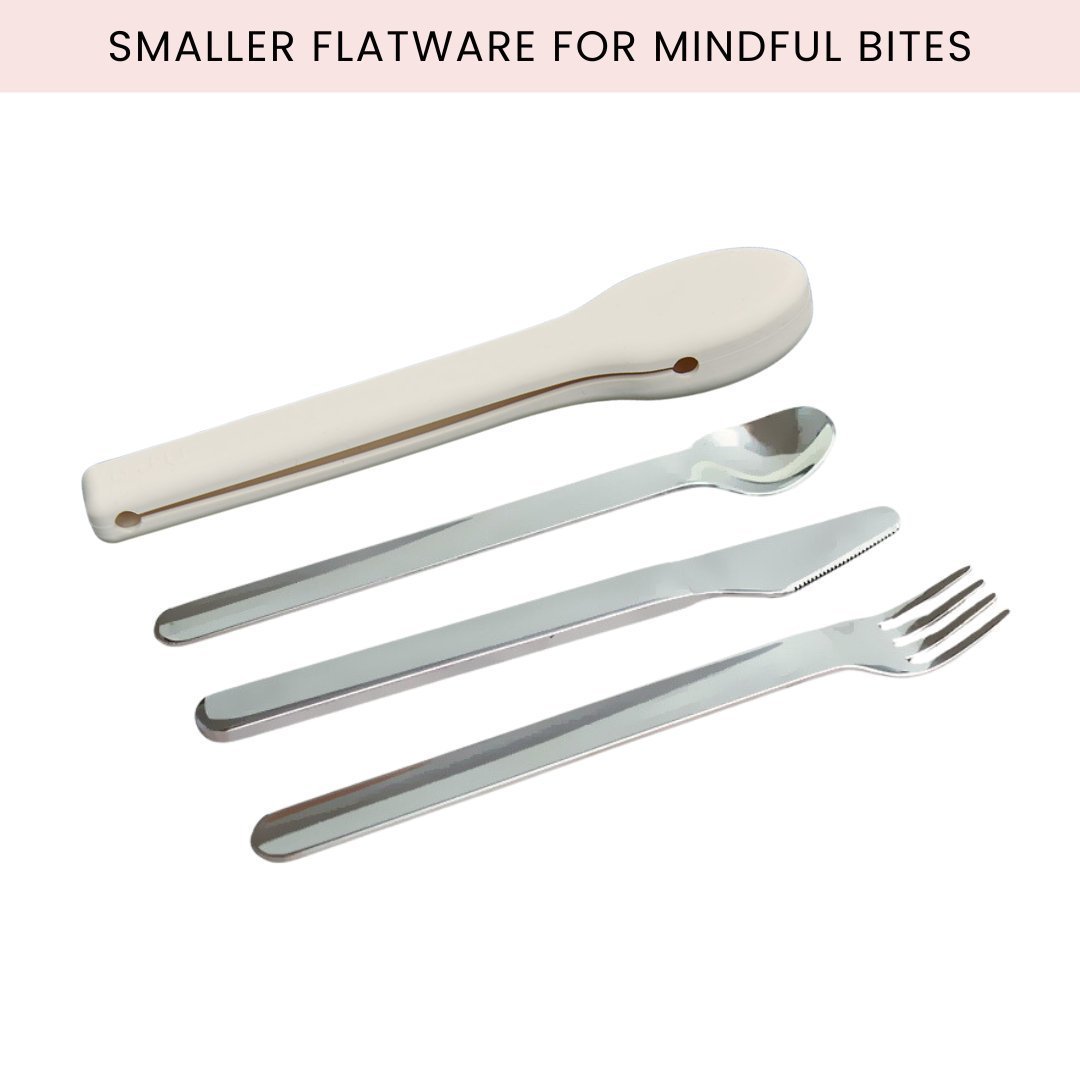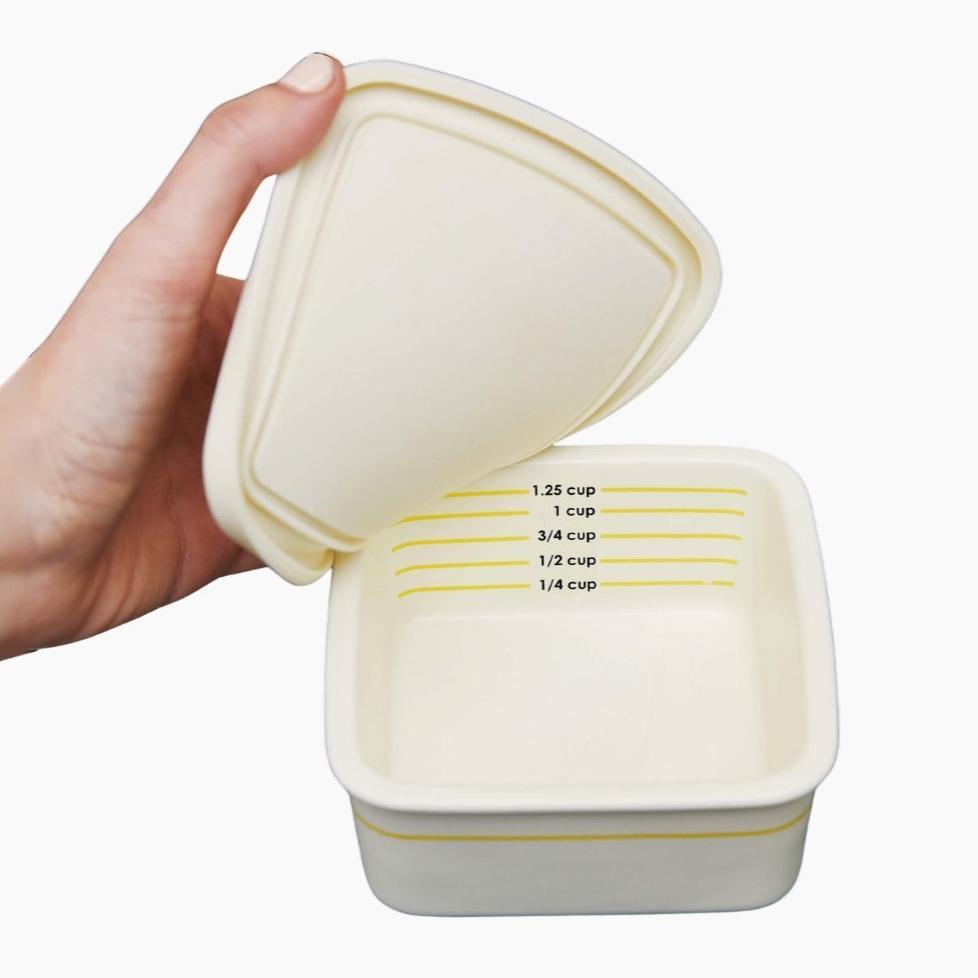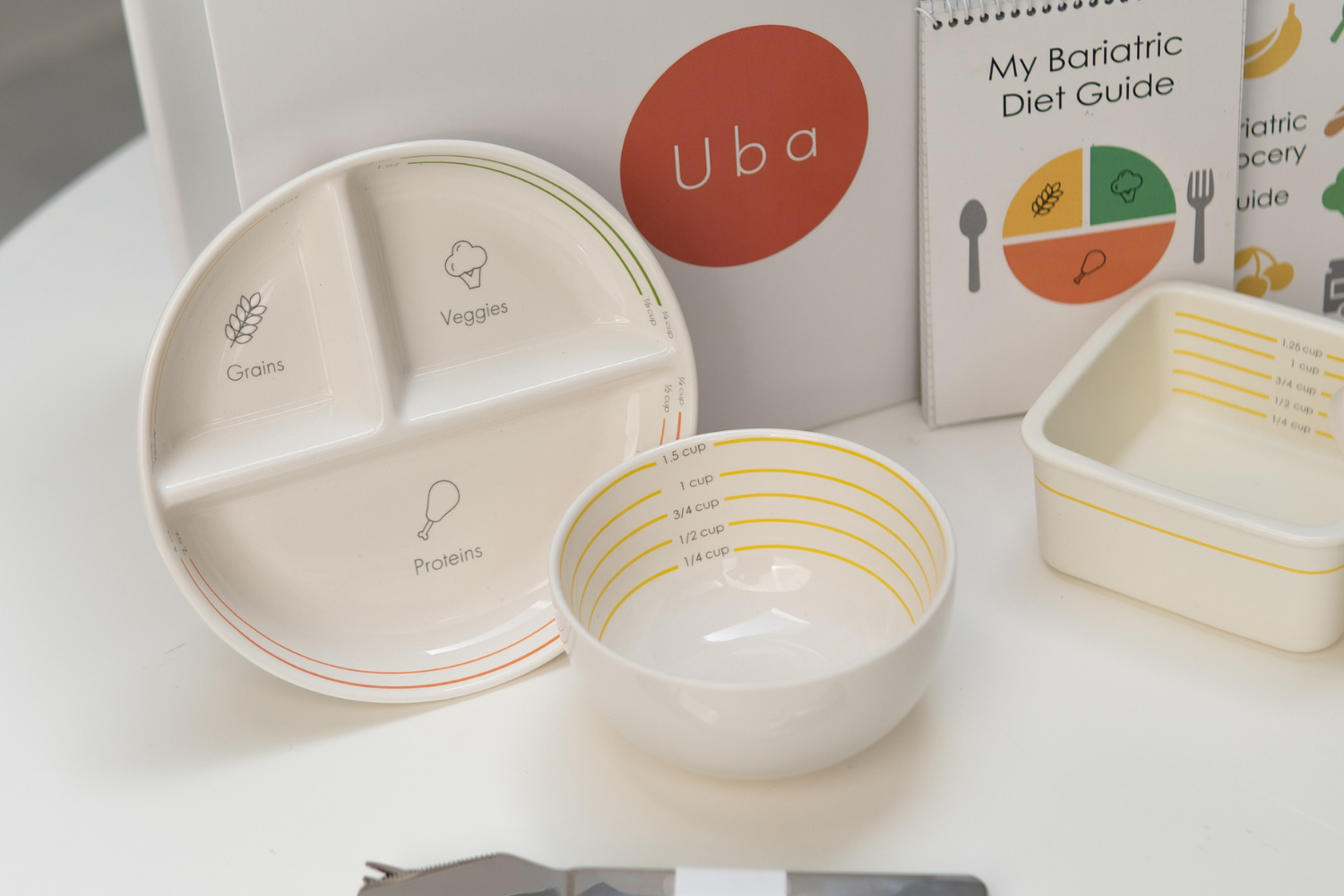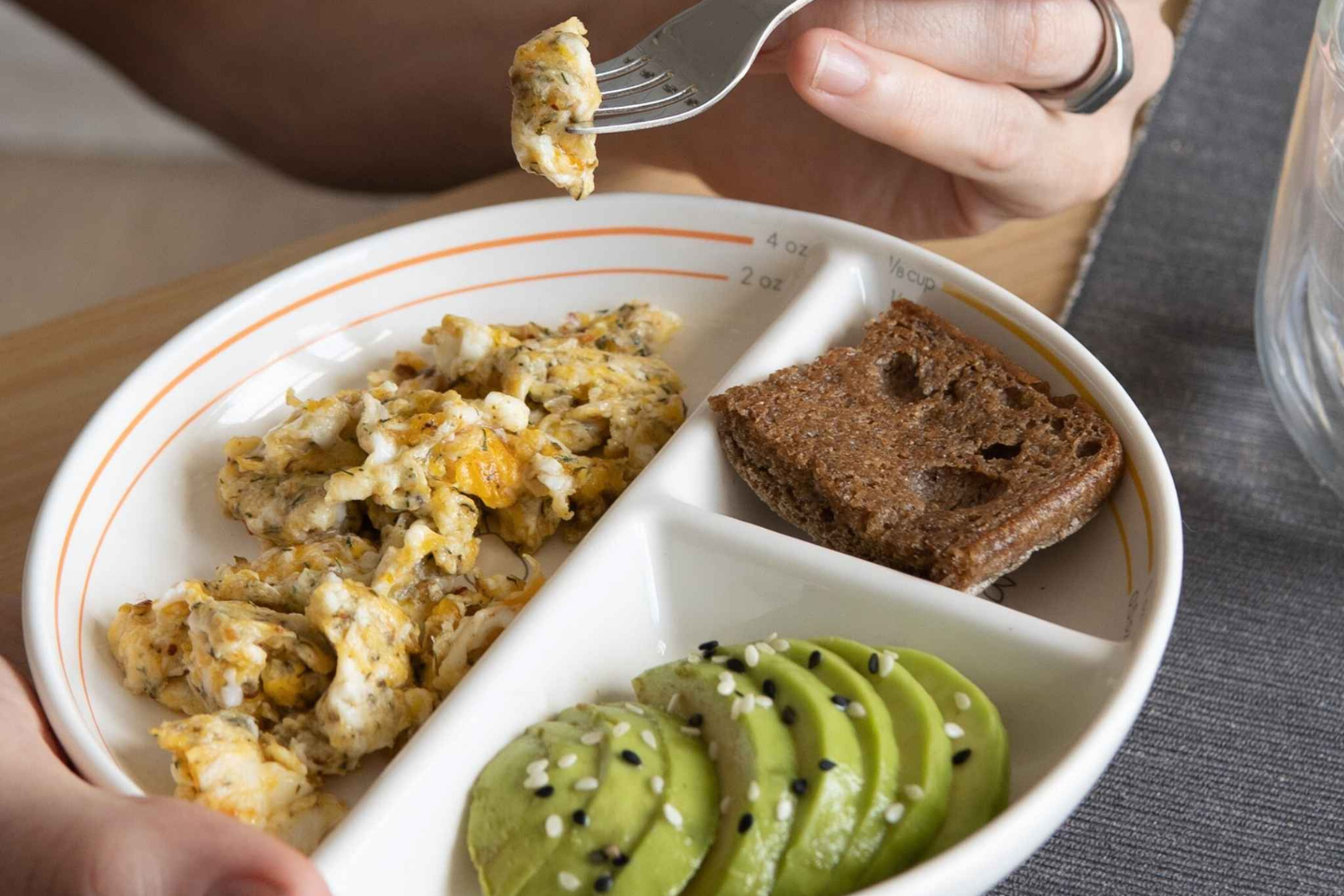Bariatric surgery offers a life-changing opportunity for significant weight loss and improved health. However, understanding the timeline for this weight loss is crucial to managing expectations and staying motivated throughout your recovery. Weight loss after bariatric surgery is not immediate; it happens gradually as your body adjusts to the smaller food intake and new dietary habits.
In this blog, we will break down the typical bariatric surgery weight loss timeline, covering what you can expect in the first few months and beyond. We’ll also discuss how tools like the Uba Portion Control Tools can support your post-op journey and help you stay on track with your weight loss goals.
The First Month: Immediate Post-Op Weight Loss
The first month after bariatric surgery is when you’ll see the most dramatic weight loss. During this time, your body is healing, and your diet will be limited to liquids and soft foods. On average, bariatric patients can expect to lose around 10-20% of their excess body weight in the first month alone. This rapid weight loss is a result of consuming far fewer calories than your body is used to.
- Phase 1 - Liquid Diet: For the first one to two weeks after surgery, you’ll be on a clear liquid diet. This phase helps your stomach heal without putting too much strain on it. The weight loss during this phase is significant because of the extreme calorie deficit.
- Phase 2 - Pureed Foods: As you move into the second and third weeks post-op, you’ll start incorporating pureed foods. The calorie intake will still be low, and you’ll continue to see noticeable weight loss. However, it’s important to focus on nutrient-dense foods like protein shakes and soft vegetables.
During this period, it’s essential to stay hydrated and follow your surgeon’s dietary guidelines closely to ensure a smooth recovery and optimal weight loss. Using Uba Portion Control Tools can help you measure your portions and ensure you’re eating the right amount during each phase.
Month 2-3: Slower, Steady Weight Loss
After the first month, your weight loss will begin to slow down, but it will still be significant. During months two and three, most bariatric patients lose an additional 10-15% of their excess body weight. The reason for this slowdown is that your body is adjusting to the new food intake, and you’re beginning to reintroduce more solid foods into your diet.
- Phase 3 - Soft Foods: By the second month, you’ll be able to eat soft foods like scrambled eggs, mashed vegetables, and soft meats. During this phase, it’s important to focus on high-protein foods to promote healing and muscle retention.
- Focus on Protein: Protein is essential for maintaining muscle mass as you lose fat. Aim to get 60-80 grams of protein per day to support your body’s needs during recovery. Using Uba Portion Control Tools ensures you’re getting the right amount of protein without overeating.
Physical activity also plays a role during this phase. While your body is still healing, light exercise such as walking or gentle stretching is encouraged. This helps to boost your metabolism and support ongoing weight loss.
Months 4-6: Reaching Milestones
As you approach the six-month mark, your weight loss will continue at a steady, slower pace. By this time, many patients have lost around 30-40% of their excess body weight. The solid food phase becomes a regular part of your diet, and you’ll be able to eat more varied meals, though still in small portions.
- Phase 4 - Solid Foods: By month four, you’ll transition into eating more solid foods, but your portion sizes will remain much smaller than before surgery. Your meals should focus on lean proteins, vegetables, and whole grains, all consumed in moderate amounts.
- Portion Control: During this phase, portion control becomes crucial. Tools like the Uba Portion Control Containers can help you measure out the appropriate amount of food for each meal, ensuring that you stay within your caloric limits.
- Increased Activity: By now, you can begin to increase your physical activity levels. Low-impact exercises like swimming, cycling, or strength training are excellent ways to support weight loss and tone your body.
Reaching the six-month mark is a significant milestone in your bariatric journey. By now, your body will have adjusted to the smaller food intake, and you’ll have developed new, healthier eating habits. Maintaining consistency with your diet and exercise will continue to yield weight loss results, albeit at a slower pace.
Month 6-12: Long-Term Progress and Maintenance
The one-year mark is where many bariatric patients see their greatest weight loss results. By this point, you’ll likely have lost around 50-60% of your excess body weight, though this can vary depending on the type of bariatric surgery you’ve had and how well you’ve adhered to your post-op guidelines.
- Final Weight Loss: Most of the significant weight loss occurs within the first 12 months. During this time, you’ll reach closer to your goal weight, but it’s important to remember that bariatric surgery is not a cure-all. Continued dedication to your diet and exercise routine is necessary to maintain these results.
- Maintenance Phase: After reaching your target weight, your focus will shift from weight loss to weight maintenance. This involves continuing to eat nutrient-dense foods, monitoring portion sizes, and staying active.
- Using Uba Portion Control Tools: Uba Portion Control Bowls and Containers can help you manage portion sizes long-term, ensuring that you don’t regain the weight you’ve worked so hard to lose.
At this stage, many patients find that their energy levels have increased, and they can engage in more vigorous physical activity. Exercise becomes an essential part of maintaining weight loss, as well as improving overall health and fitness.
Conclusion: Staying on Track with Your Bariatric Weight Loss Journey
Weight loss after bariatric surgery is a journey that takes time, patience, and commitment. Understanding the weight loss timeline—from the rapid results of the first month to the steady progress over the first year—can help you stay motivated and set realistic goals. Remember, bariatric surgery is just one tool to aid in weight loss. Maintaining a balanced diet, focusing on portion control, and staying active are crucial components for long-term success.
Uba Portion Control Tools, such as the Uba Portion Control Bowls and Containers, can support you every step of the way. These tools are designed to help you manage portion sizes and stay within your caloric limits without feeling deprived. With the right mindset, dietary habits, and tools, you can achieve your weight loss goals and maintain a healthier, more fulfilling lifestyle.


